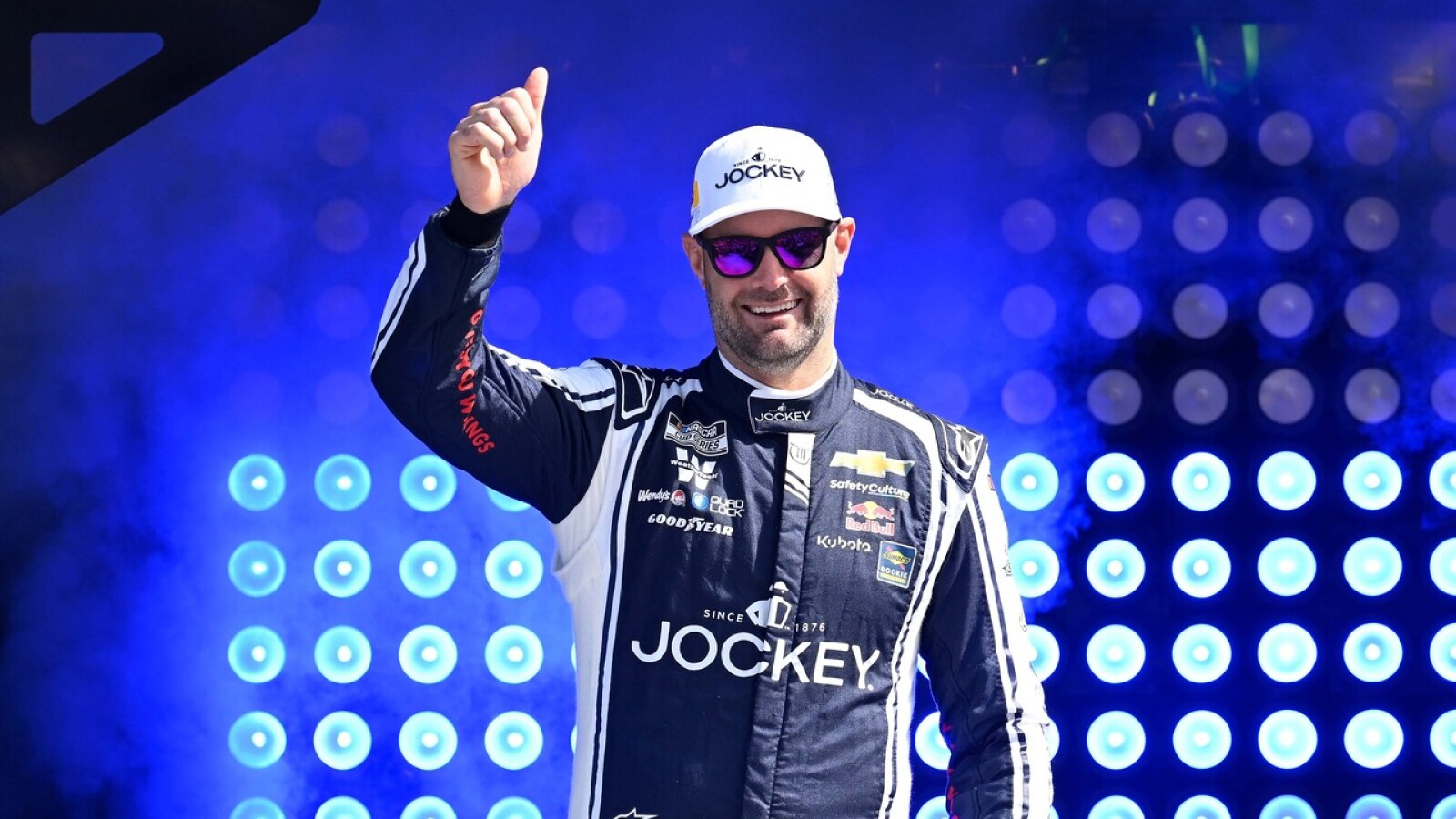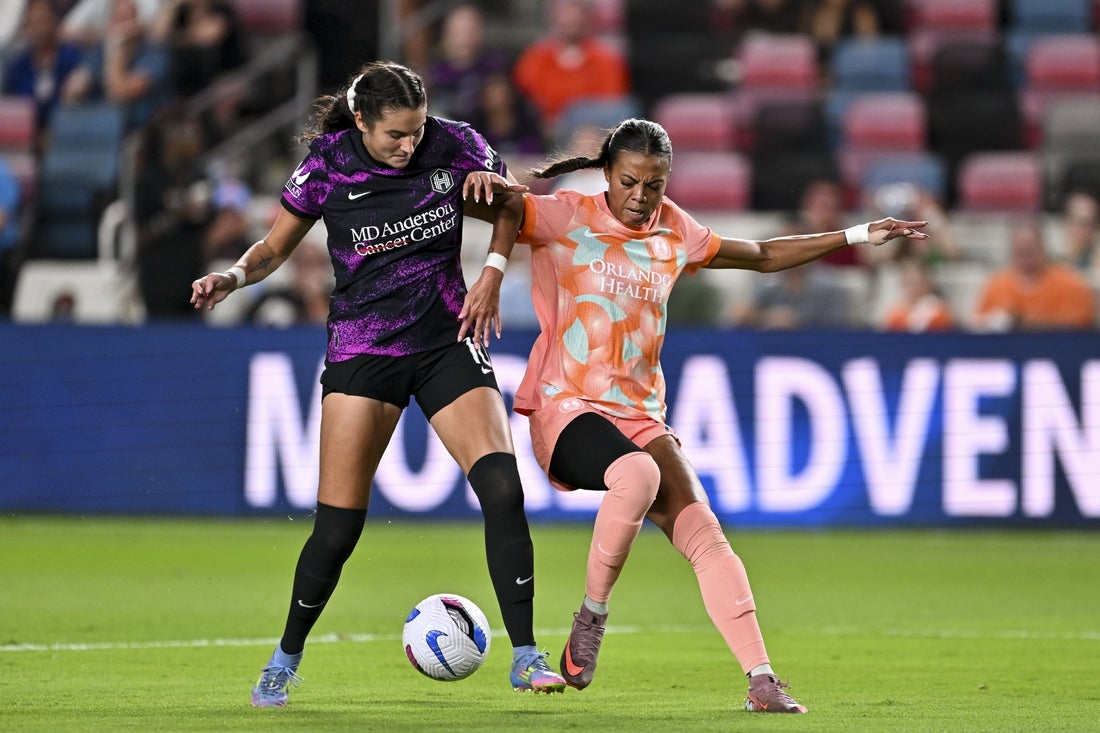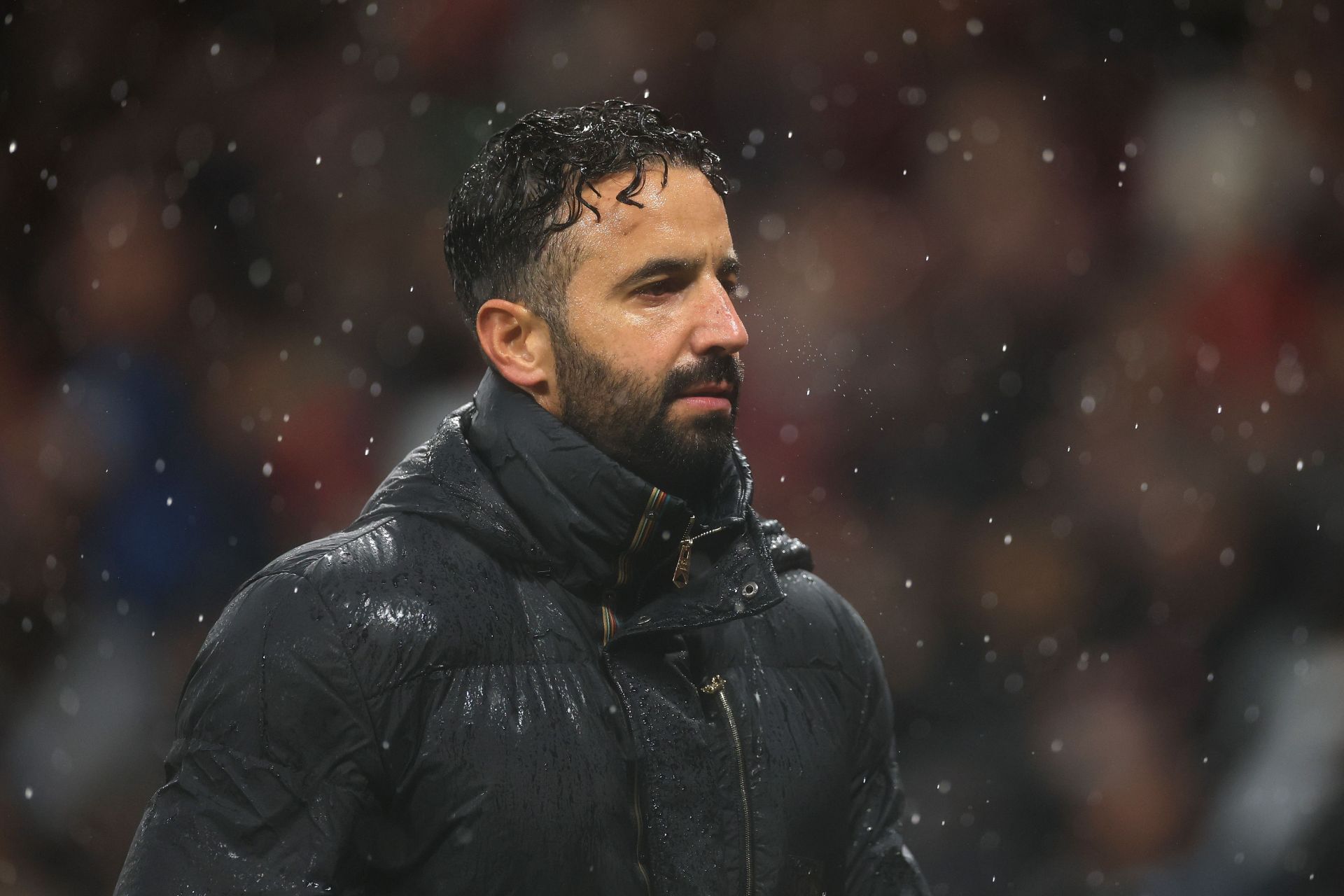Ultimately, for a lot of clubs, football is about winning trophies.
Playing beautiful, expansive football is pretty significant, but it often ends up meaning very little to the top clubs if there is no silverware attached. At the elite level, there is only so far you can go on goodwill.
Now more than ever, social media is the battle ground for tribalism and points scoring, with rival fans duelling for the unofficial title of ‘the best club in England’. However, as quite an abstract concept, perhaps the only way to quantify it is by taking a closer look at the biggest teams’ trophy cabinets.
Here are the most successful clubs in English football history based on their accumulation of silverware.
The arrival of Roman Abramovich in 2003 helped Chelsea became a major force in English football, with the Blues having won every major trophy available to them since his arrival.
Most significantly, there have been five Premier League and two Champions League triumphs, as well as five FA Cups, three League Cups and two Europa League titles following the Russian’s investment.
With Todd Boehly now the top dog in the boardroom, the future looks a little uncertain for Chelsea, although they did come close to making it 26 major trophies in this year’s Carabao Cup final.
Similarly to the takeover at Chelsea, the arrival of Abu Dhabi money at Manchester City in 2008 has helped transform the club’s trophy cabinet, while Pep Guardiola’s entrance in the dugout has also played a significant role in the club’s recent success.
The current world champions were able to record a historic treble last season, claiming their first Champions League title in the process. Having won the past three Premier League titles, they could become the first English side to win four in a row later this season.
Last season’s success means they have now leapfrogged Chelsea in the leaderboards, with the Cityzens still capable of claiming another treble this term.
Arsenal’s success has not only been more plentiful than either Chelsea’s or Man City’s, it has been significantly more spread out over the years, with the club’s first trophy dating back to the 1930s.
Since then there has been a steady drip of silverware, including two Premier League titles following the appointment of the hugely influential Arsene Wenger. The most recent of those came in the 2003/04, with Arsenal taking their league title tally to 13 and becoming the first English team to ever go an entire 38-game season unbeaten.
While trophies may have dried up since the start of the 2020s, Arsenal still have 30 to their name, including a record 14 FA Cups.
However, Mikel Arteta’s side do have the chance to make history this season, with the Gunners still capable of winning a first-ever Champions League trophy.
Manchester United have always been one of Europe’s biggest clubs, but it was when Sir Alex Ferguson took over in the hot-seat that they began to relentlessly dominate English football.
The Scotsman won the Red Devils a record 13 Premier League titles – taking their first division total to an unmatched 20 – as well as two Champions League trophies and five FA Cups.
They also won a famous treble during the 1998/99 season, including a last-gasp Champions League final victory against Bayern Munich.
Man Utd have won a total of 43 major trophies since their formation in 1878, and if it wasn’t for Jurgen Klopp’s arrival at Liverpool, they would still be top of the tree in England.
If we count the trophies, Liverpool are the most successful club in English football. They have 46 major honours to their name, three more than fierce rivals Man Utd.
The Reds enjoyed a dominant spell from the 1960s-80s, winning every trophy available, including four European Cups and 13 league titles in that timeframe.
Klopp has re-energised Liverpool since 2015 and has helped them to their first Premier League title, as well as one Champions League crown, one FA Cup and two League Cups.
The German, who is leaving Liverpool at the end of the season, recently lifted the Carabao Cup, with three trophies still on the table for the Merseysiders this term.
















